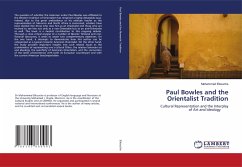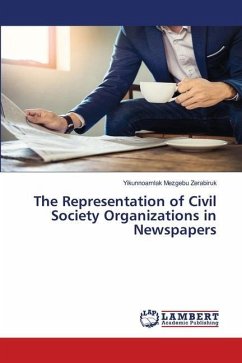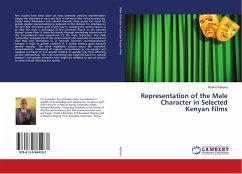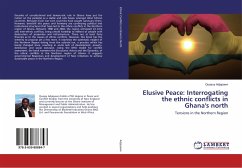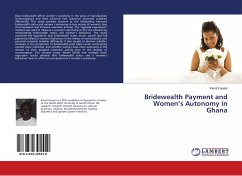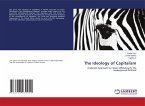The question of whether the American writer Paul Bowles was affiliated to the Western tradition of Orientalism has remained a highly debatable issue. Indeed, due to the great ambivalence of his attitude insofar as the representation of Morocco and North Africa is concerned, scholars have been divided into those who view him as an Orientalist and those who are inclined to see him not only as a non-Orientalist but as an anti-Orientalist as well. This book is a modest contribution to this ongoing debate. Through a close critical analysis of a number of Bowles' fictional and non-fictional discourses, it seeks to attain two complementary objectives. On the one hand, it attempts to demonstrate how this author can be categorized as a typical romantic American Orientalist. On the other hand, the study provides important insights into such related issues as the problematics of representing one's cultural Other, the relation between art and ideology, the specificity of American Orientalism, and the connection of this latter phenomenon with both its European counterpart and with the current American (neo)imperialism.
Bitte wählen Sie Ihr Anliegen aus.
Rechnungen
Retourenschein anfordern
Bestellstatus
Storno

